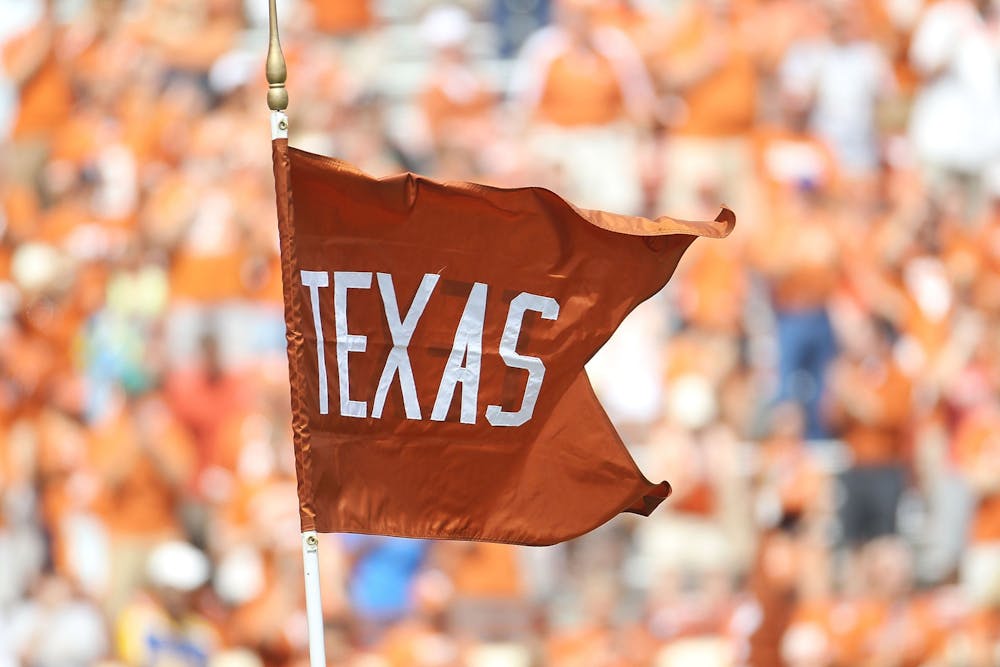The University of Texas and the University of Oklahoma are headed to the Southeastern Conference. You, an IU and Big Ten fan, probably don’t care.
You should.
It’s about more than just a shift in the SEC and Big XII – it’s a complete realignment of college athletics as they exist. It’s the biggest thing to happen at the collegiate level since, well, NIL, but don’t let that fool you, this is big.
No matter what Texas or Oklahoma or the SEC try to tell you, this move looks to be all about the money. Texas and Oklahoma will make more money being part of the SEC’s TV rights. The SEC will make more money by being able to wave a couple more flagship schools everywhere they go.
According to the AP, the universities are set to jump from making $34.5 million a year to $60 million a year, largely due to ESPN increasing its rights deal with the SEC based on high-intensity games that, say, Texas and Texas A&M University can bring yearly.
And the Big XII? Well, who cares. It’s every man for himself now.
In April, European soccer teams tried to create what they called the European Super League. It was essentially the antithesis of the current promotion/relegation system they use now, where all the big teams (Barcelona, Manchester United, Juventus, etc.) would play in one league and everyone else could figure it out.
Fans hated it. They hated it so much they protested in the streets and forced the Super League to collapse when teams started pulling out two days after the initial announcement.
That’s the danger of what the SEC is doing. It’s the smart, financially appropriate move, but when you reportedly call Ohio State and Michigan, who are not southern teams, you begin to ignore the history of college sports and the rivalries formed within conferences just to make more money. What’s the point?
So while the SEC is wearing its eyepatch and assembling its Avengers, what’s the Big Ten been doing?
Unless you believe the rumors that the University of Kansas had a call with the Big Ten about joining, it really hasn’t done anything.
ESPN’s Adam Rittenberg reported that the Big Ten would only add schools from the Association of American Universities, a group of 66 distinguished research universities that includes all Big Ten schools, except for Nebraska, as well as schools like Kansas and Iowa State. But don’t hold out for the University of Toronto to join the Big Ten.
At Big Ten Media Days, commissioner Kevin Warren held a nearly hour long press conference. The first question to Warren was about conference expansion. Warren dodged the question entirely, simply mentioning that college sports were at an inflection point with NIL.
“It will be interesting to see that story, how that evolves and where it lands," he said.
The fallout from the SEC expansion is likely to be dramatic, and it’ll affect the rest of the college athletics landscape. We might see the Big Pacific Conference as the Pac-12 and the Big XII turn to each other for help. We might see the American Athletic Conference become a Power 5, or we might just have a Power 4.
But if the Big Ten wants to ensure it stays in the room where it happens, it needs to make a move.
Schools like Nebraska and Ohio State may already be disgruntled with the conference after the fiasco regarding the return of football last season. Losing a powerhouse program, or Nebraska, could hurt the conference’s future.
Change is coming to college sports, and the Big Ten needs to make sure it's not left behind.






